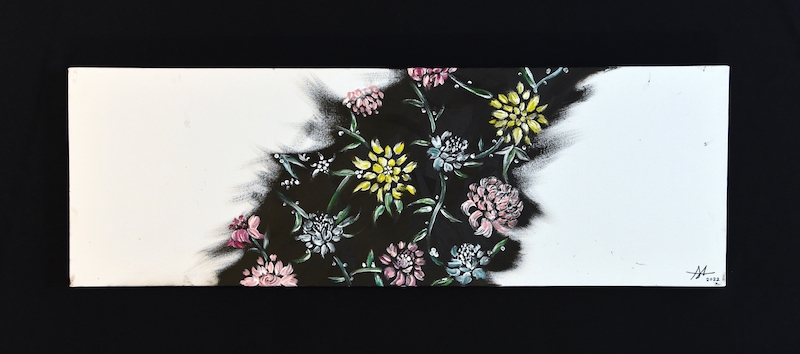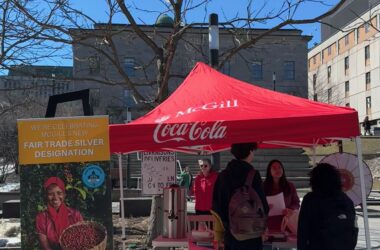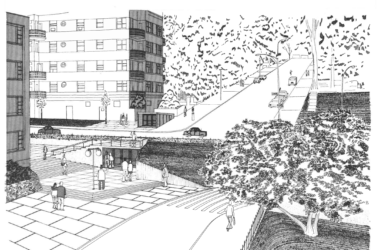Growing up in the West as an Asian woman is an experience of sharp contradictions. While those from Asia or of Asian descent are told that they “are one of us” through performative displays of diversity, they are made to feel like the “Other.”
This was the message from a recent panel hosted by the East Asian studies student journal, Orientations, called “Growing Up in the West: East Asian Perspectives.” The event brought together three McGill students, Estelle Mi, Annette Hong Kim, and Angelina Guo, to discuss their experiences as Asian women and activists.
Everything was on the table: Multiculturalism, childhood, romantic relationships, bi- and tri-lingualism, fetishization, self-love, and the panellists’ journeys toward self-acceptance.
Guo grew up in Montreal and Longueuil, a Montreal suburb. A translator and literature student, she made her mark last spring when she delivered an impassioned speech at an anti-Asian hate rally.
“I already knew I was different when I was in Montreal because there weren’t that many Asians,” Guo said. “In Longueuil, I realized that without even saying anything, people perceived me as this ‘Other,’ and that ‘Other’ was a subject worthy of getting mocked and either verbally or physically assaulted.”
Mi’s story was quite different, having grown up in a relatively liberal, colour-blind bubble of multiculturalism at the international schools she attended. Born in Lyon, her parents were immigrants from China to France.
“The first time I felt that I was the ‘Other’ was when the pandemic started and I faced my first assault,” Mi recalled. “It was the first time I realised my identity was a problem in my everyday life.”
Guo’s feeling of “Otherness” was etched into her memories by incidents from her childhood. “I thought [the attacks] were my fault and that whatever is repulsive about me is tied to my [Chinese] ethnicity,” Guo said. “I think that is why I spent so long detached from my culture because it was so dangerous. It was a way of surviving.”
A Korean-Canadian born in the Netherlands, who spent part of her childhood in South Korea, Hong Kim discussed the phenomenon of pushing away one’s culture as a survival tactic.
“One of the things I’m really proud of is that I’ve never wanted to be someone else,” Hong Kim said. “I know that’s a pretty common thing in our community—to not want to be Asian. That’s the only way we can survive—to forget our language, forget our culture, eat Western food, not listen to our culture’s music, and not watch our films.”
The panellists went on to discuss the duality of fetishization and repulsiveness that often comes with being an Asian woman in the West.
“When I was young, I never felt that I was part of the Western beauty ideals,” Mi said. “In a sense, I felt that I was not a woman. For so long I felt that no one would love me because all I saw in the media were white women.”
In tandem, Guo described the difficulties she has been forced to navigate as someone whose cultural identity is degraded and objectified.
“When I turned 12, that’s when the catcalls started, that’s when I started getting followed and stalked, and when men would come up to me, they would ask where I’m from.” Guo said. “It’s been a weird thing to comprehend, because what once used to be the reason why people despised me and attacked me became a very desirable thing for men.”
Despite these alienating experiences that many Asian women experience at the hands of men and the media, Mi offered an optimistic counterpart to Guo’s and Hong Kim’s panels, describing her personal journey of finding self-love and acceptance.
“Today, I can say that I accept my Chinese identity,” Mi said. “Two years ago, when I was facing all of this anti-Asian racism, I wanted to eradicate my Chinese identity.”
Guo highlighted the importance of processing trauma and continuing to discuss these issues.
“I encourage everyone to keep talking. Having multiple heritages and speaking multiple languages is something that enriches you so much,” Guo said. “I think we are very lucky to be at a point in time when people are listening to us.”









